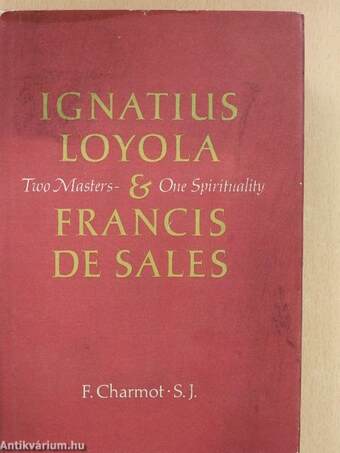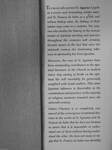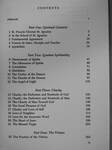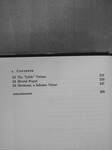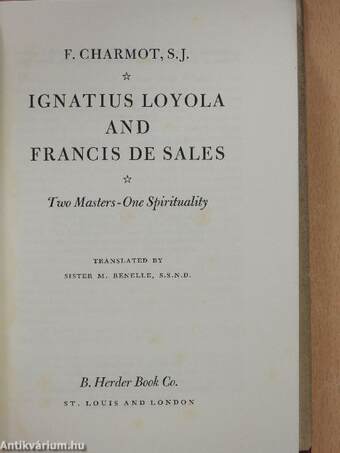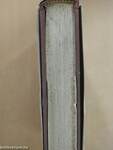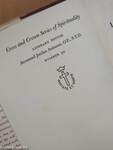1.067.053
kiadvánnyal nyújtjuk Magyarország legnagyobb antikvár könyv-kínálatát

VISSZA
A TETEJÉRE
JAVASLATOKÉszre-
vételek
Ignatius Loyola and Francis de Sales
Two Masters-One Spirituality
| Kiadó: | B. Herder Book Co. |
|---|---|
| Kiadás helye: | St. Louis/London |
| Kiadás éve: | |
| Kötés típusa: | Vászon |
| Oldalszám: | 251 oldal |
| Sorozatcím: | Cross and Crown Series of Spirituality |
| Kötetszám: | 32 |
| Nyelv: | Angol |
| Méret: | 21 cm x 15 cm |
| ISBN: | |
naponta értesítjük a beérkező friss
kiadványokról
naponta értesítjük a beérkező friss
kiadványokról
Fülszöveg
To those who picture St. Igfuiiips Loyola as a severe and demanding soldiér saint, and St. Francis de Sales as a gentle and urbane bishop saint, the linking of their names may come as a surprise. Yet, any-one who studies the history of the various trends of spiritual teaching and practice throughout the centuries will certainly become aware of the fact that since the sixteenth century the dominating influ-ence in spirituality has been Ignatian.
Moreover, the sons of St. Ignatius have been outstanding contributors to the spiritual literature of the Church in modern times. Any catalog of books on the spiritual life will inevitably be generously weighted with Jesuit authors. This same Ignatian influence is discernible in the constitutions and practices of the majority of religious institutes founded since the sixteenth century.
Father Charmot is so completely con-vinced of the convergence of spiritual doc-trine in the works of St. Ignatius and St. Francis de Sales that he does... Tovább
Fülszöveg
To those who picture St. Igfuiiips Loyola as a severe and demanding soldiér saint, and St. Francis de Sales as a gentle and urbane bishop saint, the linking of their names may come as a surprise. Yet, any-one who studies the history of the various trends of spiritual teaching and practice throughout the centuries will certainly become aware of the fact that since the sixteenth century the dominating influ-ence in spirituality has been Ignatian.
Moreover, the sons of St. Ignatius have been outstanding contributors to the spiritual literature of the Church in modern times. Any catalog of books on the spiritual life will inevitably be generously weighted with Jesuit authors. This same Ignatian influence is discernible in the constitutions and practices of the majority of religious institutes founded since the sixteenth century.
Father Charmot is so completely con-vinced of the convergence of spiritual doc-trine in the works of St. Ignatius and St. Francis de Sales that he does not hesitate to assert that it is impossible to under-stand one of them without having under-stood the other. He does not mean to im-ply that St. Francis de Sales was slavishly
indebted to St. Ignatius, for the saintly bishop of Geneva was álso well versed in the spiritual doctrine of St. Augustine, St. Teresa of Avila, St. Bonaventure and Bérulle. Moreover, St. Francis not only received from the teaching of St. Ignatius; he alsó expanded and explained this teaching.
One has but to compare the Spiritual Ex-ercises of St. Ignatius with the Treatise on the Love of God of St. Francis de Sales to see what a remarkable fidelity exists be-tween the two. Father Charmot gives spe-cial attention to certain basic points which would seem to be differently explained by the two authors: the love of God, holy in-difference, obedience, abnegation, prayer and contemplation. St. Augustine and St. Thomas Aquinas, says Father Charmot, are the great masters of theology; St. Ignatius and St. Francis de Sales are a com-mon spiritual source at which all souls can quench their thirst.
B. Herder Book Co.
314 north jefferson'avenue st. louis, missouri
Vissza



